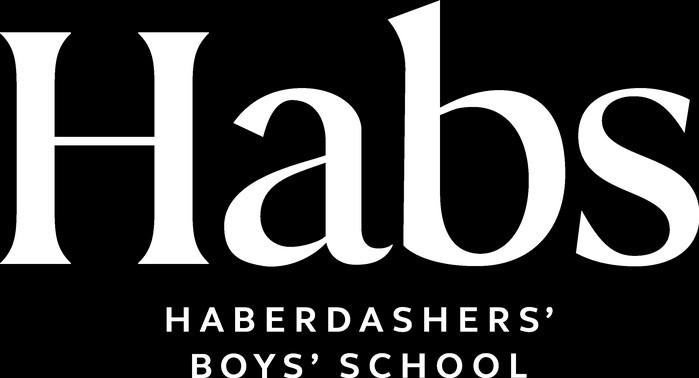




This term in the Upper School it has been wonderful to celebrate student progress and achievements and continue our preparations for public exams and internal assessments next term. I hope you will enjoy reading this update with a snapshot into the life of the Upper School and top tips on Study Skills.
On a personal note, this term has been a productive one for me as I continue my training for the Belfast Marathon which I will be running on 4 th May. This is my second marathon (having run in London 2011). Training is going well, and I am pleased to be fundraising for the Habs Boys School Charity: Papyrus. Every £15 raised can contribute towards a life-saving contact to HOPELINE247 providing confidential support and advice to young people struggling with thoughts of suicide. If every member of the Upper School contributed £15, we will raise a whopping £7,245 to this charity. Thank you in advance if you can consider supporting this cause and I know it will give me extra motivation on the race day in 5 weeks’ time.
I wish all our Upper School students every success with their revision in the coming weeks and preparation for next term. Over the Easter holiday I will be with Year 10 on the Spanish language trip in Valencia and Mr Lee will be in Malaga with Year 8 which we are really looking forward to. If you are going on a school trip I hope you will have a brilliant time. Wishing you all a restful holiday and a very Happy Easter.
With best wishes,
Mr Adam Lawrence Head of Upper School
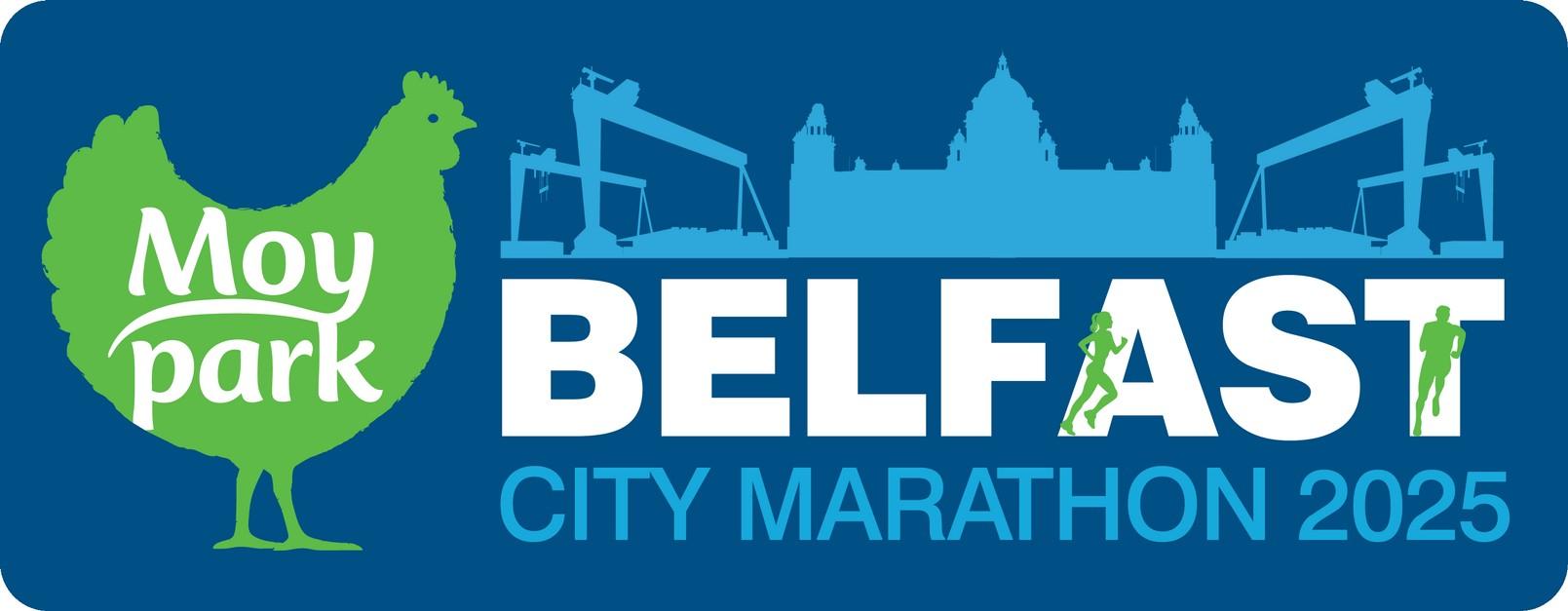
This term we have been supporting students in their preparation towards exams coming up. We have continued our Study Skills programme with Elevate Education visiting Upper School students and carrying out study skills workshops which were well received.
• 95% of students would recommend the programme and 93% of students found the programme time well spent.
• All students in Years 9 – 11 have listened to an assembly with Mr Martyn (Assistant Head Teaching and Learning) on effective study skills and revision, with highlights included in the next few pages.
• Year 11 students have had a full Public Exams briefing with Mrs Parker, Head of Exams ahead of GCSEs.
• Year 10 students have had a full Internal Exams briefing with Mrs Parker, Head of Exams, in anticipation of their exams starting on 24th April. The full timetable has been shared with students and a copy is included on the next page for ease of reference.
• Year 9 students will receive further information at the start of next term for their upcoming assessments.
If you have any questions, please don’t hesitate to ask.

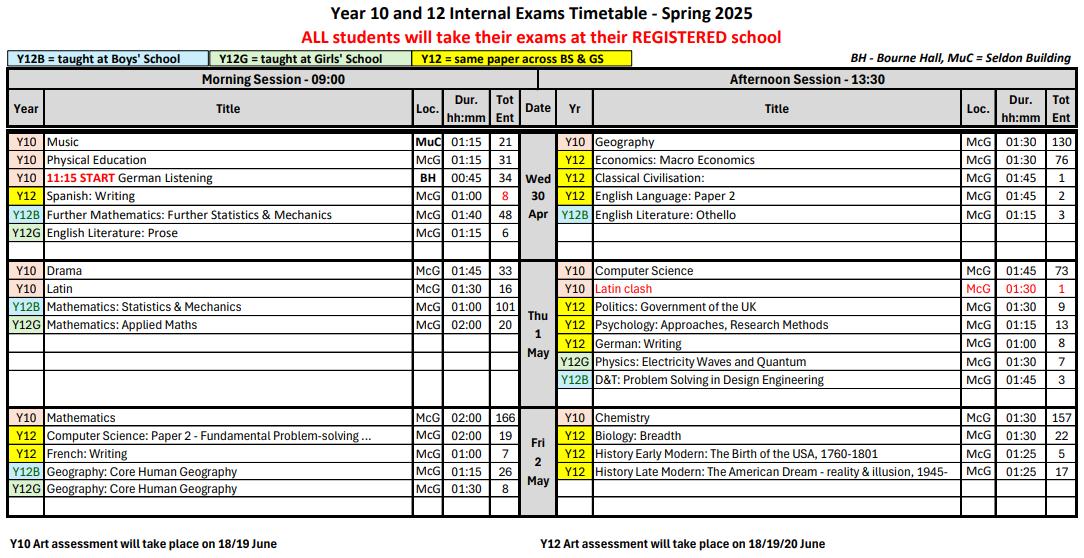
In Upper School assembly last week with Mr Martyn, students were provided with information on the best revision strategies as well as the importance of organisation and managing potential barriers. Please find a summary of some of the key messages below.
• Revision timetables will be key during the holidays and study leave period for Year 11 as this will replace the structure of the school day.
• Students should ensure they are clear on how they are being assessed across their different subjects as well as ensure the exam specifications are user friendly. This will ensure that students are clear on how much time they need to dedicate to each component. RAG rating specifications will help with this as everyone’s journey will be different.
• Ensure that the revision timetable created is realistic and achievable as if it isn’t it will lose its value quickly. Not everything will go to plan so there needs flexibility within the revision timetable. Break each day into three revision sessions and ensure that there are sufficient breaks between revision slots as well as sessions that are completely free for downtime.
• Ensure that resources are prepared prior to each revision session to avoid procrastination and make effective use of time.
• If a student pays attention to information, it will go into their short-term memory. In order to get it into their long-term memory they need to go through a process of consolidation and retrieval. This strengthens their memory traces and helps them make connections between different topic areas they have studied.
• Retrieval is the idea of pulling memory out rather than putting it in. Such as using flashcards, quizzes or simply writing down everything we can remember on a topic, rather than re-reading something. Recent research from 2023 suggests about 45% still rely on re-reading or note taking.
• The key is to retrieve key information over and over to prevent forgetting. Studies have shown, then even when told to do this, 70% of students still struggle to build it into their revision timetable Try to begin each revision session with retrieval. Try to plan in a review day each fortnight – where you only review old information.
• Every time there is a disruption it takes us longer to get back to our learning. This is because we lose focus, we lose our current train of thought, we might start doing something else for a short while, and then when we come back to the task it may take us a while longer to ‘get back into the swing of it’. The key thing is to set yourself a set period of time eg 45mins and know that you have a break at the end of that time to attend to anything you need to do.
• Research conducted on the use of smartphones on the impact on one’s cognitive capacity. Results showed that even having your phone nearby reduced your cognitive capacity to focus on the task at hand. However, when asked whether they thought their phone had an impact the students said no. The key is for students to keep their phones in another room whilst working
• Sleep is hugely important. Students need 8-10 hours a night to be their best selves at school the next day. Sleep helps with concentration, energy levels, processing speed, coordination, and mental and physical stamina. In the lead up to their exams, we want students to be the best versions of themselves, and sleep will really help with this
• We remember 90% of what we SEE, HEAR, SAY and DO.
• There are numerous revision strategies that can be used when it comes to revision and all have value, just some more than others. Not all strategies will work for every student and you should be varied in your use of these strategies.
• Based on recent research, re-reading, highlighting and summarisation have been categorised as having the least impact of the 10 techniques reviewed. They are time consuming and aren’t always of good quality. There is a tendency to mistake fluency with mastery.
• In the research, elaborative interrogation and self-explanation are seen as middling in value. Students generate explanations that relates to the material to what you already know, explaining to somebody else in our own words, or explaining how it relates to life/context outside of the classroom. Both can enhance learning by supporting the integration of new information with existing prior knowledge to build that bigger picture as well as link subject matter together.
• Interleaving is also important. We do not learn better through single minded focus and dogged repetition. Cramming might be good for short term memory but that won’t help you build your process of revision over the coming months. It is important to space revision of topics and subjects out and allow time to elapse between them. Switch over to something new before practice is complete.
• Practice testing was seen to have one of the biggest impacts. Retrieval Testing strengthens memory. The more effortful the retrieval, the stronger the benefit which is also why revision shouldn’t seem easy. Retrieval/testing little but often interrupts forgetting as well as tells you what you don't know/what to focus on next. Recalling causes the brain to reconsolidate the memory, strengthening connections to what you already know, making information easier to recall in the future. Repeated retrieval makes memories more durable, particularly when repeats are delayed and this can be done using a variety of methods e.g. Flashcards, quizzes, past paper questions, essay plans/intros etc.
• Cumulative quizzing is another form of practice testing. Students should avoid dropping material from their testing regime once they have gotten it right a couple of times. It needs to be practiced again and again but spaced. Cumulative quizzing is especially powerful for consolidating learning and knitting together concepts from one stage of a course to another.
• Distributed Practice is also seen as having a significant impact. You need to allow for a little forgetting to have settled in, we want some effort when we next practice. Length of lag depends on what is being studied. Doing something little and often always beats cramming.
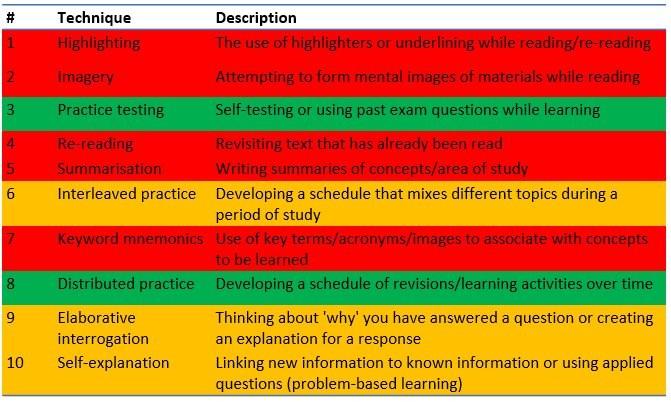
• Revision Timetables - If it’s too detailed, it will be impossible to stick to. Work out how much you have to and how much time you have to do it in and break it down into manageable chunks. When you are able to revise (i.e. not learning new stuff, e.g. Easter holiday period after you’ve had a good break & rest) do a few hours each day and mix up the subjects so as not to get too bored.
• Look at Past papers and mark schemes/examiner reports.
• Take regular short breaks – studying for hours and hours will only make you tired and lose your concentration.
• Reward yourself – walks, bath, movie etc
• Do something Physical – step awake from the books and do something active. Exercise is good for taking your mind off stress and keeping you positive. It will also help you sleep better.
• Consider the barriers to your learning e.g. procrastination, perfectionism, distractions and fear.
• Ask for help - if you are feeling overly stressed, please reach out to your trusted adults.
• Know your children and what support they need from you
• Have an open dialogue with them about their revision process
• Ensure they have space to enjoy activities alongside their revision

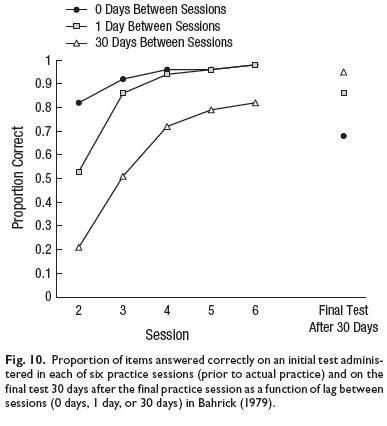
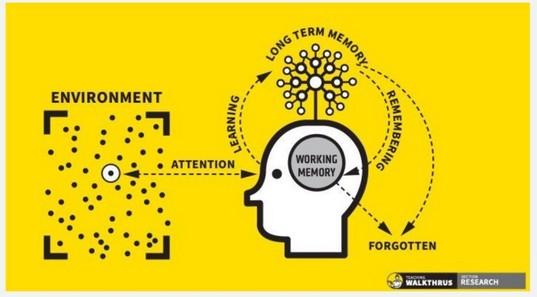

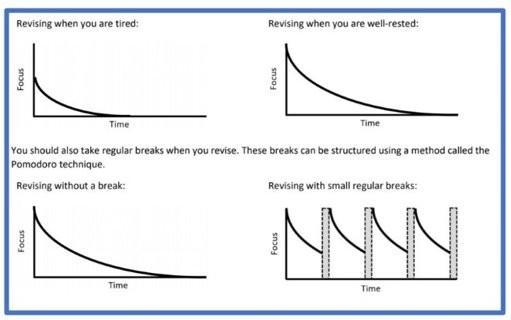

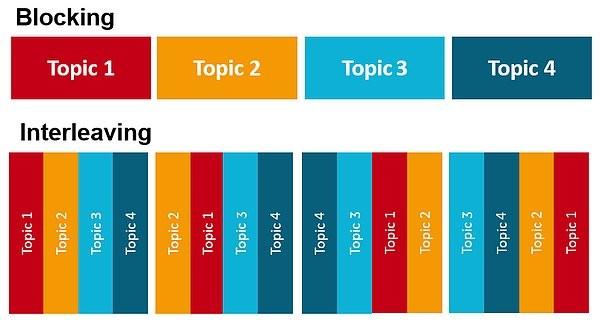
Before Year 11 students go on Study Leave on Friday 2nd May, each student will have a 1-to-1 meeting with a senior member of staff to:
1. Provide a supportive conversation at this period of transition and discuss futures / A Level options;
2. Talk through any questions students might have; and
3. Send students off into Study Leave with our well wishes for revision and a reminder that we are here for them throughout Study Leave.
In celebration of students’ final day of lessons, we are pleased to share details of the final day arrangements on the next page. This annual celebration is a joyful occasion as we also celebrate the many achievements and contributions our Year 11 students have made to our community. In our Afternoon Tea, Mr Lawrence and Mr Lee, together with Heads of House, will be awarding Aske Ties to students who have made a significant contribution to their House, the School and to communities beyond the school gates.
We look forward to celebrating with Year 11 at the start of next term.

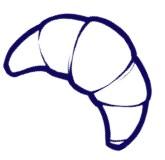
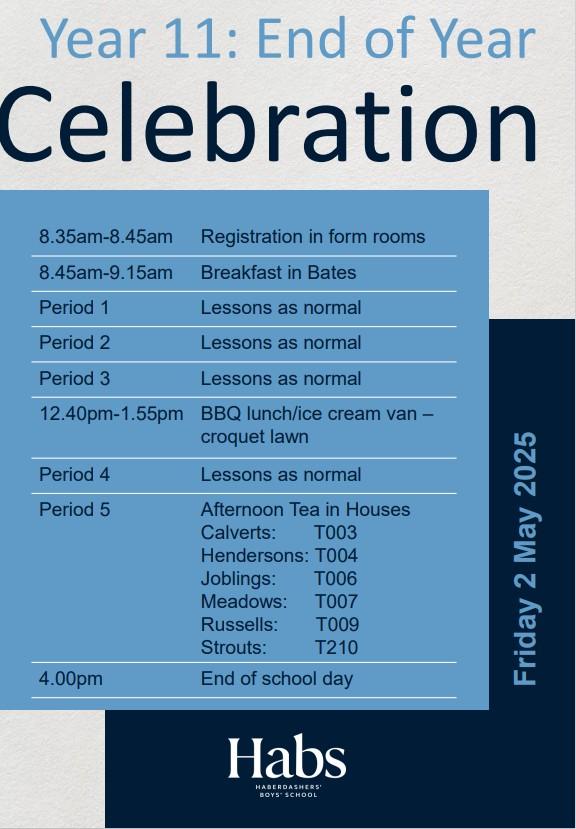
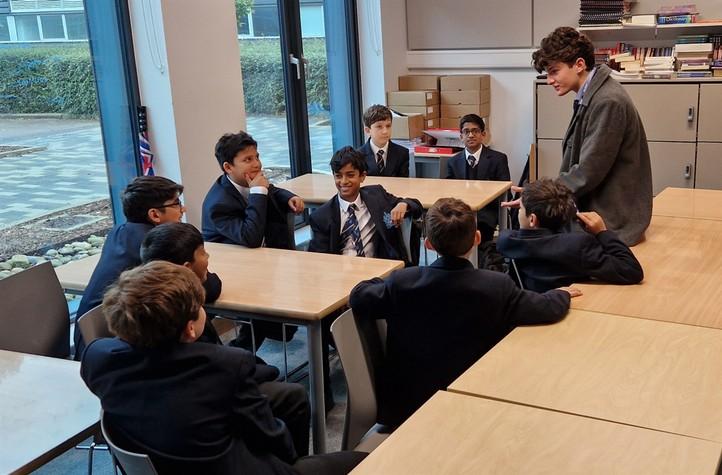
House Mentor applications are now open for Year 11 students transitioning into Sixth Form!
This exciting opportunity seeks six students per House who possess a genuine desire to support others, demonstrate empathy, and aim to foster connections within the broader Habs community.
Successful applicants will be assigned to either a Year 7 or Year 8 Form within their respective Houses. House Mentors will lead regular form time sessions on topics of their or their form's choosing, cultivate rapport through engaging activities, provide support and mentorship, and serve as role models throughout the 2025-26 academic year. Work with the form will include both large group activities and one-on-one mentoring.
The House Mentor role offers significant opportunities for personal development. It hones leadership, organisational, presentation, and communication skills, while also challenging individuals to actively listen, empathise, and support others. Mentors will likely experience increased selfawareness, opportunities for personal growth, and meaningful connections with younger peers.
Success as a mentor doesn't hinge on being the best or having all the answers. Some of the most effective mentors have overcome their own challenges throughout their school career. You might not even realise how far you’ve come or how much you’ve grown until you start sharing your experiences with someone else. We hope by harnessing this will allow you to uncover a deeper appreciation for the value you as an individual have to offer.
House Mentors will receive training in September to enhance their skills and support. Throughout the year, mentors will regroup periodically to reflect on successes, challenges, and receive feedback for improvement from students and form tutors.
If you have any questions about the role, please reach out to your Head of House, Head of Section, or Mr Grufferty. To be considered for this exciting opportunity, please submit your application on the form provided by Miss Barron by 4 pm on Friday 9th May 2025, where your application will then go through a selection process.
We look forward to hearing from you!
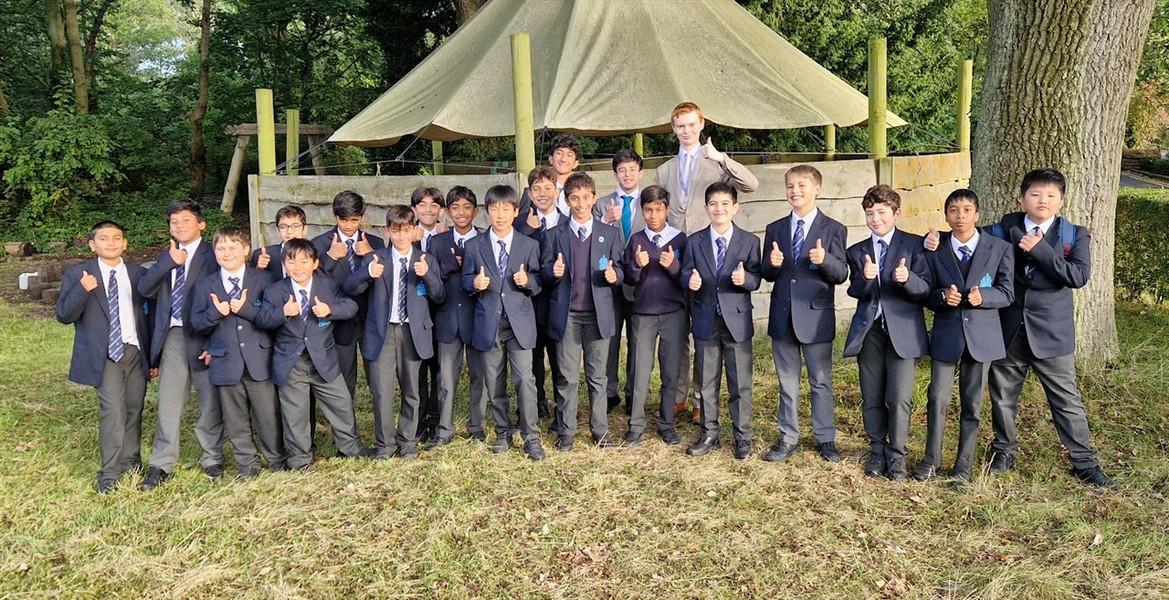
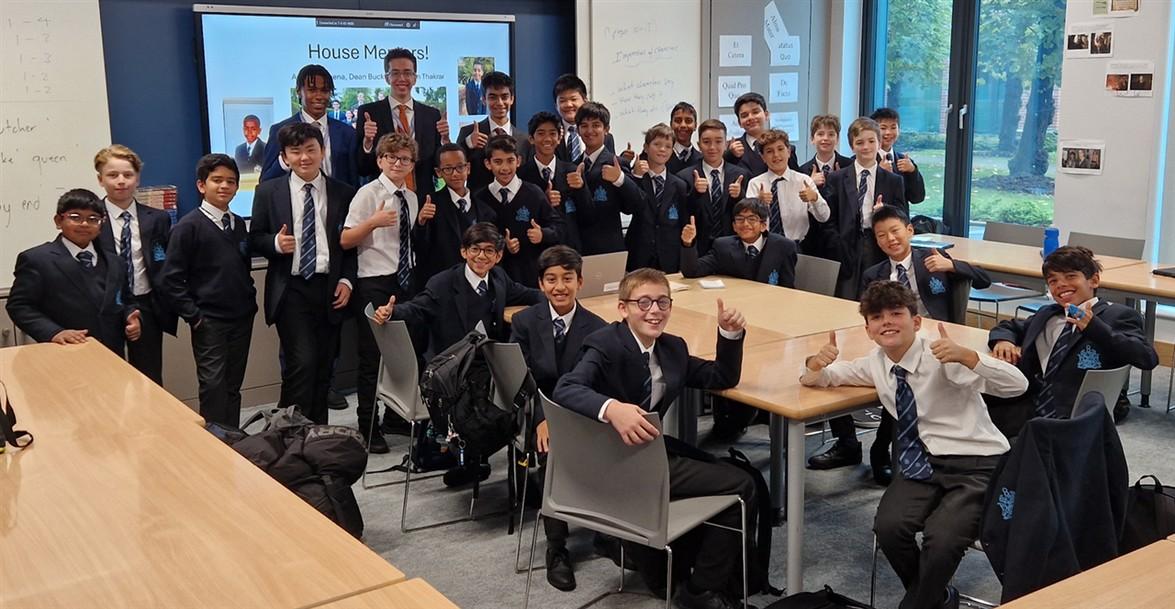
Our termly Field Day was another great success and Year 9 enjoyed a brilliant day of DofE preparing for the overnight expedition next term.
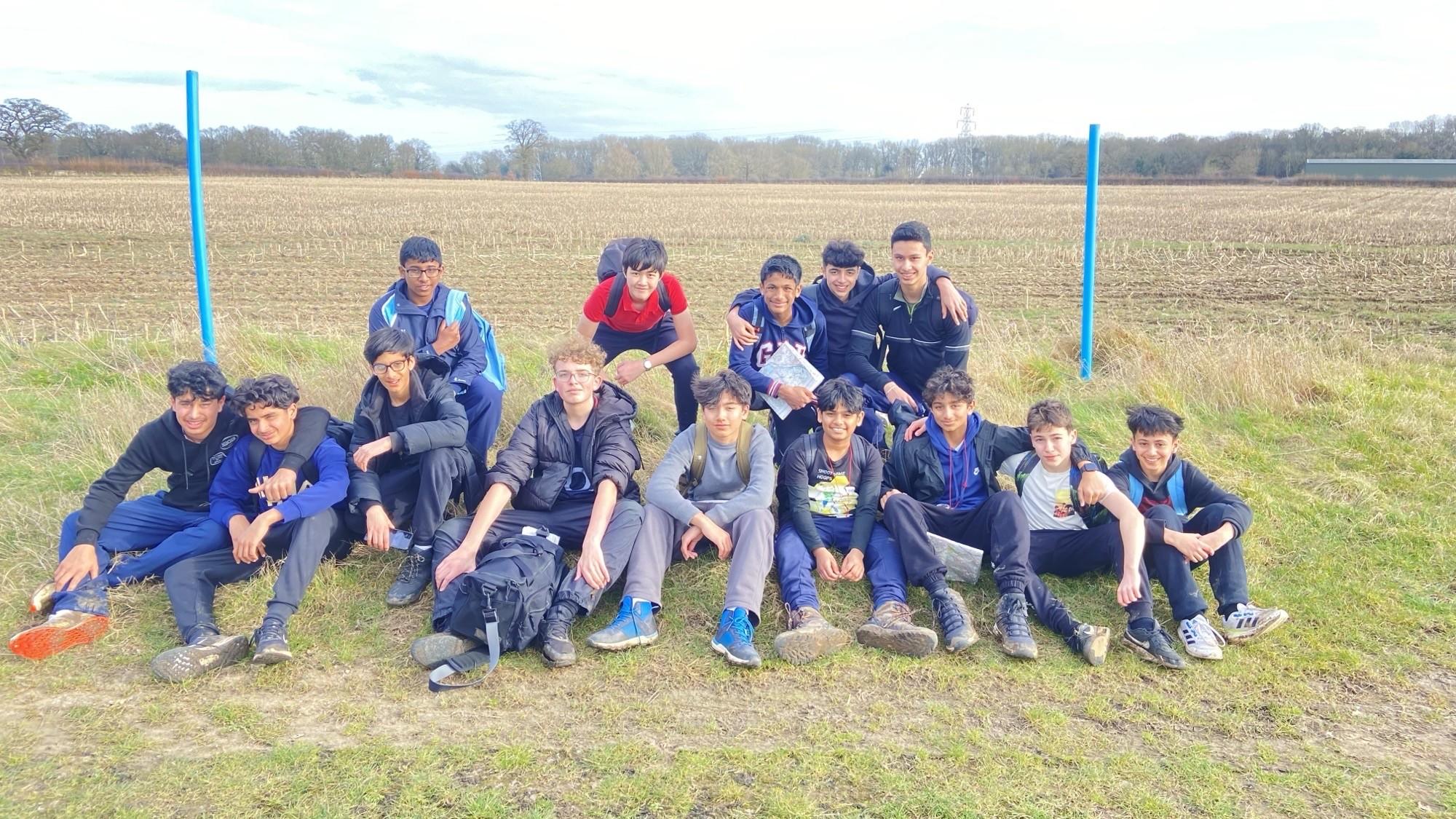
Introducing our new Upper School Prefect, Saul
Klein - Case conference
Hello everyone!
My name is Saul and I’m thrilled to be your Upper School Prefect this year. I’d first like to introduce myself a bit.
I love drama and I’m a keen debater. In my free time, I love to read, go on walks and spend time with friends and family. I have a particular love for Doctor Who, and I’m currently very excited for the new series coming out very soon. (as you should all be too!) I’m currently studying English, History and Philosophy. I’ve also just finished reading Forty Years On, an Alan Bennett play about a school production on the final day of term and a touching portrayal of an England gone by, which I’d very much recommend.
So what can you expect to see from me in the coming year?
I really aim to be a friendly face who you can always talk to, there to celebrate your successes and as an approachable fellow student if you have any worries. Glancing through this bulletin, all your credits and commendations are superb achievements and I’m excited indeed to be part of such a lively section.
It was in my time in the Upper School when I really found my love for acting and for English, so I really aim to do my bit in encouraging you all to find your interests and passions. I’m also very excited to get to know you all. If you see me around school, please come up. say hello and introduce yourself. I’m always willing to have a chat about how your day’s going, what you’re interested in and what you’ve been up to.
As the Easter break approaches with some exams on the horizon, I hope that you all have relaxing and productive holidays. Don’t spend every hour inside! Go out, have a walk, see some friends and spend time with your family as well as some efficient, active revision for year 11.
I really look forward to seeing you all in the Summer term and learning about all the brilliant Me back in Year 9 with a questionable haircut…

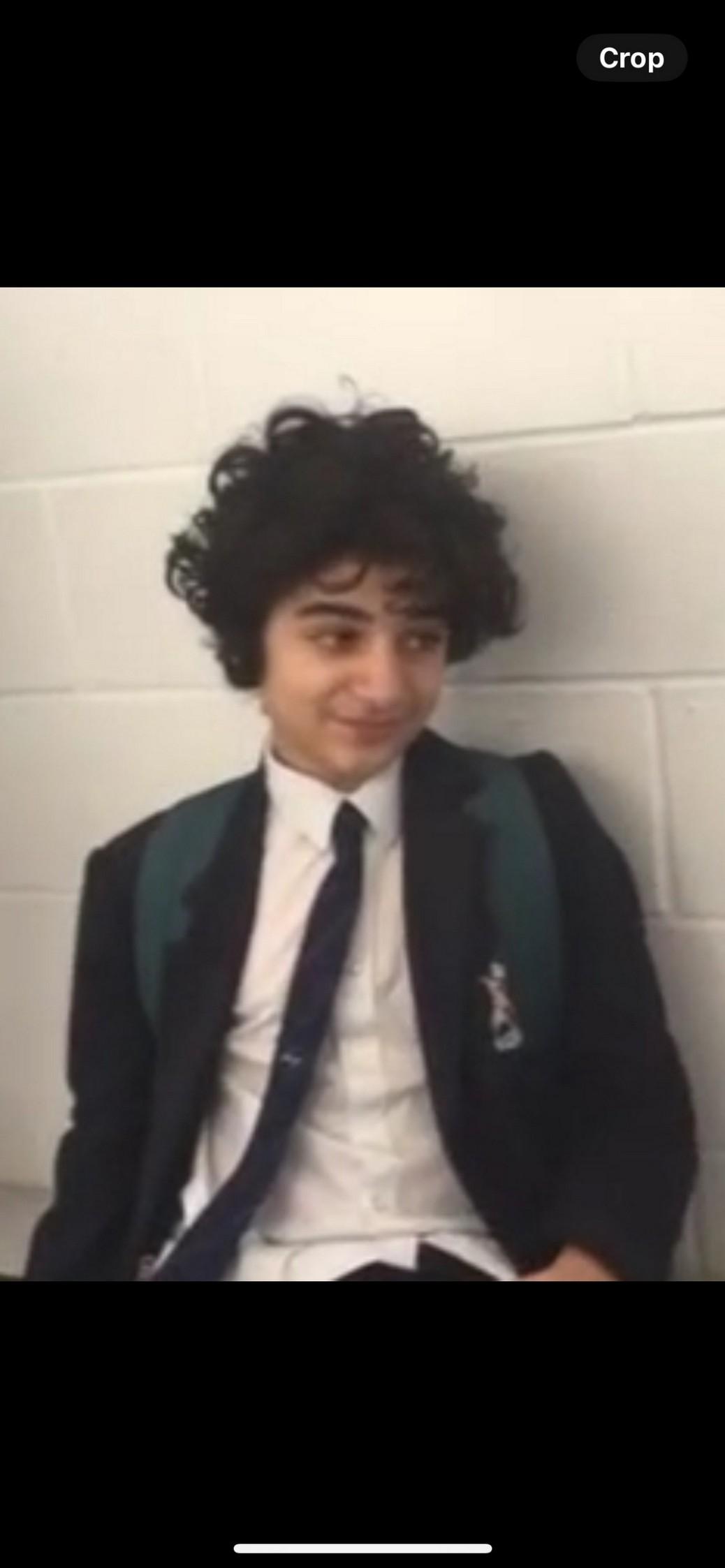
The David Grossel History Essay Prize was set up in 2018 in memory of David Grossel, a deeply respected and much-loved former History teacher at a number of leading London independent schools, and receives entries from Y10 and Y11 students at all the schools that Mr Grossel taught at (HABS where he started his illustrious teaching career, Kingston Grammar School, UCS Hampstead, City of London, Kings Wimbledon and Hampton). The aim of the competition is to provide a bridge between GCSE and the study of History at A-Level. This year HABS was the organising school of the competition for the second time. We were delighted that thirty-two essays were submitted, as well as the quality and range of those essays. On Thursday 27th March, we hosted an event for the prize-winners, and we were honoured that the distinguished historian Professor Lawrence Goldman (OH) of Oxford University, former Editor of the Oxford Dictionary of National Biography and former Director of the Institute of Historical Research, as well as a former student of David Grossel’s, was able to speak wonderfully about the profound impact that David Grossel's sixth-form teaching had on his development as a historian and to award the prizes. The winners this year were:
Winner
KCS Wimbledon, Should David Lloyd George be regarded as a Great Prime Minister?
Runners Up
Lucas, HABS, Why did Napoleon Bonaparte win so many battles?
Noah, KCS Wimbledon, ‘Stalin was more feared than loved in the USSR up to 1941.’ How far do you agree with this statement?
Highly Commended
CLSB, ‘Stalin was more feared than loved in the USSR up to 1941.’ How far do you agree with this statement?
Moksh, HABS, What were the consequences of the partition of British India in 1947?
KCS Wimbledon, Did Ronald Reagan or Mikhail Gorbachev play a bigger role in bringing the collapse of the USSR.
Our warm congratulations to them all!
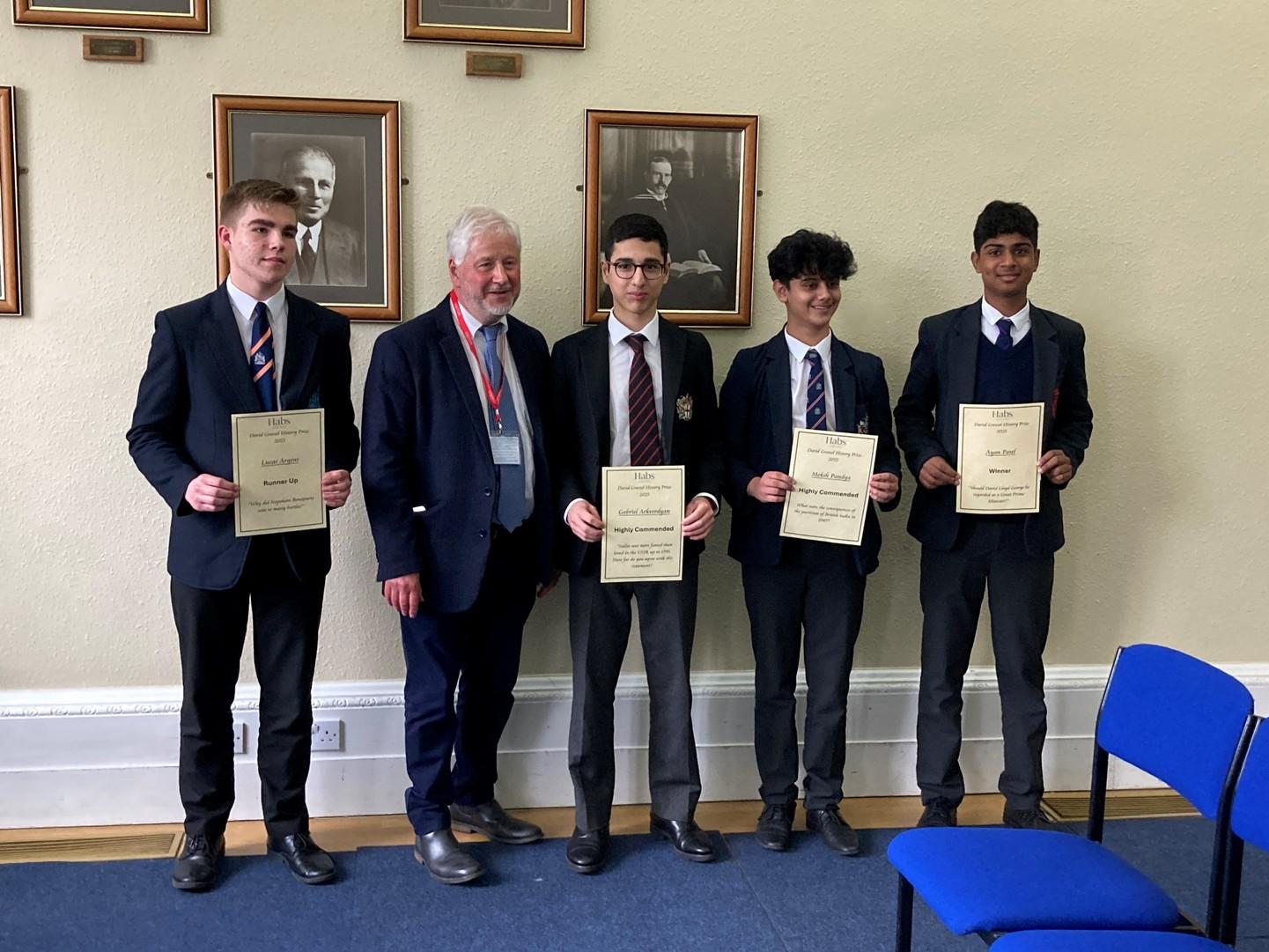
- Case conference
On Saturday 29th March—Sunday 30th March, Mrs Khurjekar, Miss Yool, and Mr Simm accompanied eight strong debating teams to the Durham Schools Debating Competition, which is the world’s largest residential school-level debate competition. There were around 80 teams competing from 20 different schools.
This is one of the pinnacles of the debating calendar, and we were lucky enough to witness speeches of a high calibre, from our teams and that of other schools. The teams included three students from the Girls’ School. Following five qualification rounds, 7 out of our 8 teams broke. This is one of the most successful achievements in our schools’ Debating history.
5 of our teams broke for the Open Quarter Finals:
Madhav (L6) & Sohan (U6)
Lucas (Y11) & Richard (Y11)
Daniel (Y11) & Aarav S (Y11)
David (Y11) & Shakir (Y11)
Samit (Y11) & Aarav R (Y11)
They were in the top 16 teams out of almost 80 teams across both days. 2 of our teams broke for the Novice Semi Finals:
Tamara (Y10) & Aanya (Y10)
Saul (L6) & Louis (Y11)
They were in the top 8 teams out of almost 40 novice teams across both days. The Open Quarter Finals were incredibly competitive, but 3 of our teams qualified for the Open Semi Finals:
Madhav (L6) & Sohan (U6)
Lucas (Y11) & Richard (Y11)
Daniel (Y11) & Aarav S (Y11)
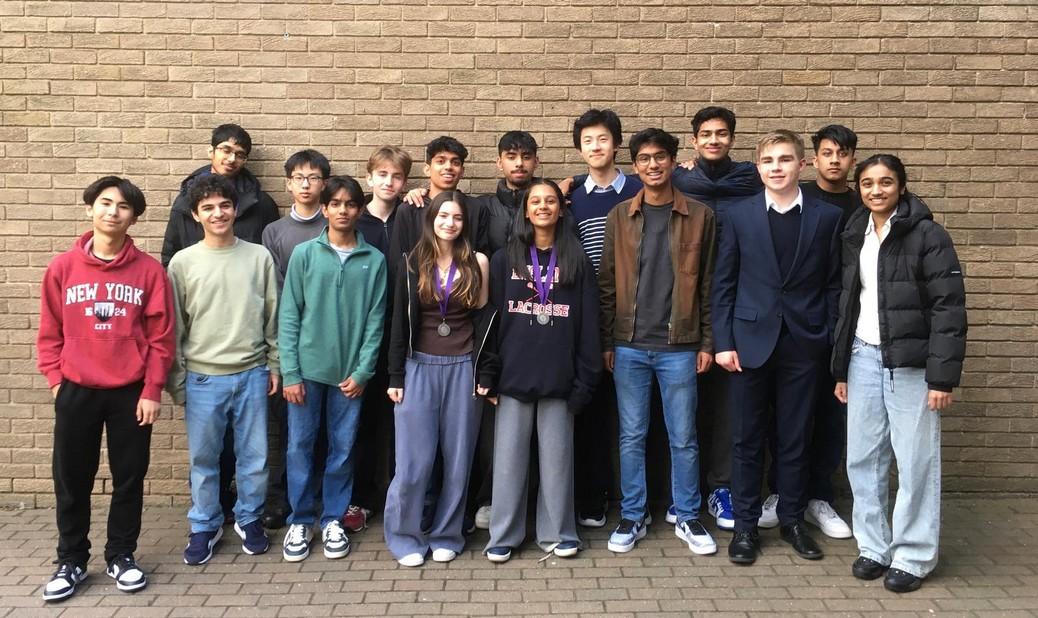

We also had success in the Novice Semi Finals, with a team qualifying for the Novice Grand Final:
Tamara (Y10) & Aanya (Y10)
Sadly, after facing off against incredibly tough competition, none of our teams made it through to the Grand Final. This still placed all of them in the top 8 teams of the entire competition. Tamara and Aanya performed brilliantly in their Novice Grand Final but narrowly missed out on a win. They were very worthy runners-up.
We are immensely proud of all 8 of our teams—for their efforts, energy, positivity, and the fantastic display of Debating they exhibited. We are keen to continue building on this success over the next year, especially as the competition season starts to draw to a close.
Below is a list of all the students who took part in the competition:
Madhav (SFC1)
Sohan (SFM2)
Aarav R (11H2)
Samit (11R1)
Nazim (11S2)
Feeza (L6 KP)
Lucas (11C2)
Richard (11R1)
Aarav S (11H1)
Daniel (11S2)
David (11H1)
Shakir (11J1)
Saul (SFM1)
Tamara (10 Ansuz)
Louis (11S2)
Aanya (10 A)
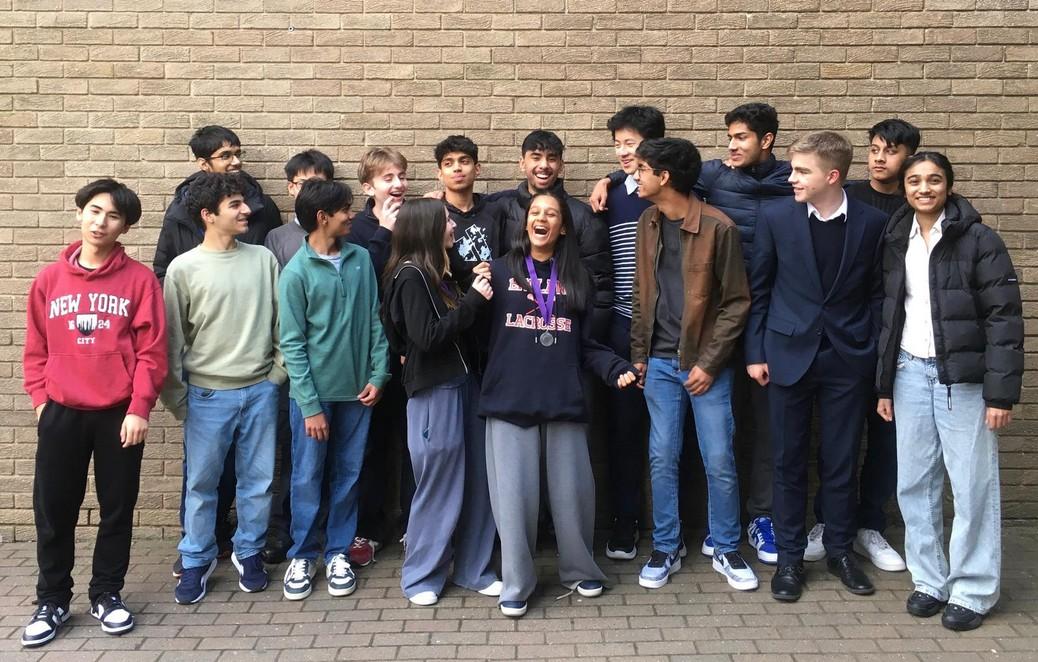
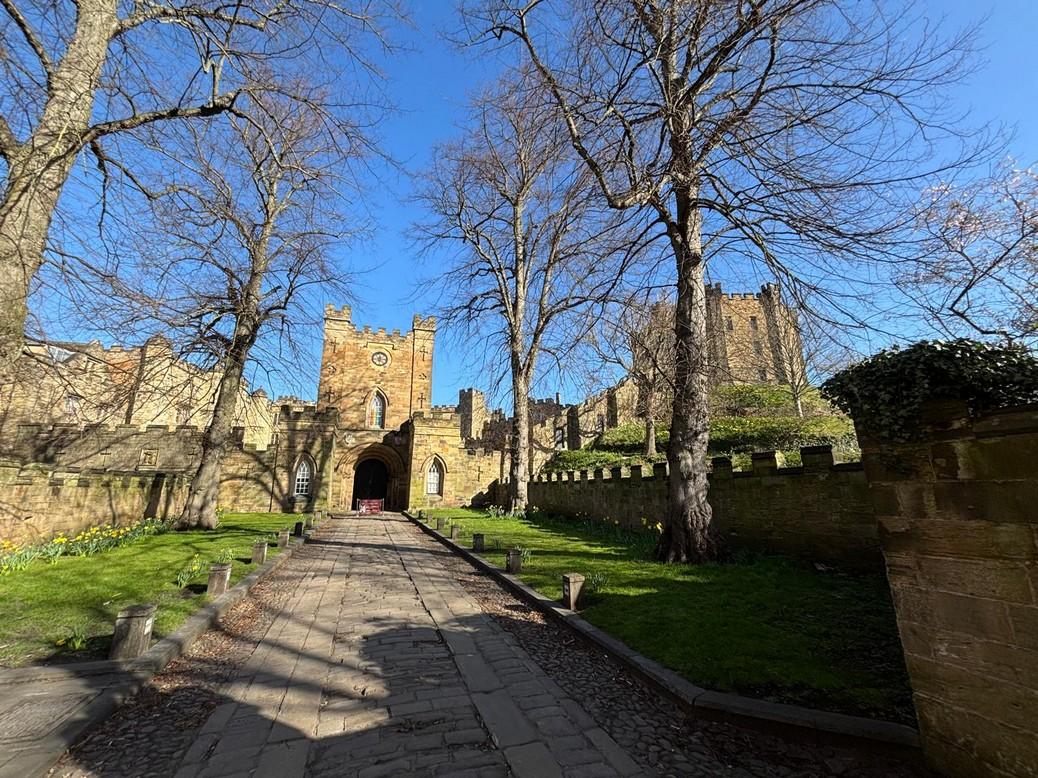
We have been so pleased to recognise, celebrate and reward students for a wide array of efforts and achievements using our rewards system of credits, alongside our Upper School Commendations. The following students have received 10 or more credits and have been enjoying their Joe’s café voucher rewards!
Recipients of 90+
Credits
Suraj 10M
Chengwen 10J
Recipients of 80+
Credits
Dylan 9R
Shaurya 10C
Recipients of 60+
Credits
Ethan 9M
Aarav 9R
Rian 9R
Ayaan 10J
Kyle 10J
Victor 10J
Oliver 10M
Joseph 10R
Recipients of 50+
Credits
William 9C
Armaan 9H
Samih 9H
Kian 9H
Kayan 9H
Nikhil 9J
Dev 9J
Nathaniel 9J
Ishaan 9R
Joshua 9R
Kian 9R
Benjamin 9R
Onkaar 9R
Dylan 9S
Arthur 10J
Zachary 10J
Avighnan 10M
Samuel 10M
Joshua 11H
Recipients of 40+ Credits
Reuben 9C
Om 9C
Rishi 9H
Oliver 9H
Kian 9J
James 9J
Lorenzo 9M
Ram 9M
Orson 9R
Asher 9R
Joshua 9R
Aditya 9R
Dylan 9R
Sarwin 9R
Aarish 9S
Naayan 9S
Ryan 10C
Oscar 10J
Maximillian 10J
Hossein 10J
Daniel 10J
Rohan 10R
Raphael 10R
Shay 11C
Arav 11H
Cormack 11J
Nithushan 11M
Year 9 Recipients of 30+ Credits
Calverts
Anton
Samuel
Dominic
Benjamin
Hendersons
Taha
Samuel
Jagrit
Charlie
Joblings
Natan
Tanuzda
Arnav
Otto
Meadows
Samuel Ian Hui Chai
Matthew
Sebastian
Kian
Konstantinos
Russells
Elliot
Aarav
Zain
Strouts
Zachary
Benson
Nimay
Ebrahim
Niyam
Hayden
Kaylan
Bashar Ishaan
Year 10 Recipients Of 30+ Credits
Calverts
Shay
Aarav
Louis
Ishan
Hendersons
Oliver
James
David
Year 11 Recipients Of 30+ Credits
Calverts
Hendersons
Zakir
David
Arie Joseph Shlomo
Joblings
Ethan Vivaan
Meadows
Avyukt
Alexander
Russells
Strouts
Amit
Kingsley
Ishaan
Joblings
William Aaryan J
Aaryan S
Meadows
Ravjoth
Russells
Joshua
Strouts
Maanav
Year 9 Recipients of 20+ Credits
Calverts
Aiden
Jake
Luca
Dhruv
Darsh
Rishi
Daanish
Artmigan
Ayaan
Panshul Varma
Daniel
Hendersons
Aeshan
Robert
Jonathan
Roy
Rivan
Timi
Tomi
Anay
Shivajanan
Zachary S
Zachary T
Year 10 Recipients of 20+ Credits
Calverts
Lucas
Christopher
Aidan
Zachary
Chukwuma
Harry
Manolo
Hendersons
Daniel
Theodoros
Keane
Hugh
Joblings
Aryan
Shaurya
Krishan
Ezra
Callum
Zakir
Francis
Rahul
Aarav
Henry
Meadows
Alfie
Aarav
Krishna
Max
Rohan
Maksymilian
Rhidai
Russells
Joshua
Shaan
Xander
Yusuf
Ishaan
Kanishk
Tianyi
Strouts
Jashveen
Paul
Ethan
Arjun
George
Kabir
Ishaan
Zach
Rohan
Yuxiong
Joblings
Luke
Amar
Sharanjan
Kyan
Arkansh
Tobey
Joel
Kaspar
Meadows
Harry
Vivek
Alexander
Noah
Russells
Isaac
Ethan
Ludwig
Gabriel
Tarun
Atharv
Strouts
Aamir
Maximilian
Year 11 Recipients of 20+ Credits
Calverts
Yuvraj
Vivaan
Hendersons
Anish
Shiven
Reuben
Utkarsh
Arav
Aarav
Joblings
Danyal
Holden
Yash
Cheran
Joseph
Meadows
Kian
Marcus
Blake
Thakshveen
Russells
Rohan
Ishaan
Samit
Strouts
Luke
Jack
Dinil
Year 9 Recipients of 10+ Credits
Calverts
Rayan
Dylan
Rishabh
Xander
Mikhael
Jacob
Hendersons
Alexandre
Zac Faizan
Joblings
Jarrett
Krishan
Felix
Freddie
Parth
Isaac
Adam
Meadows
Nivaan
Shivam
William
Aran
Samuel
Hebron
Thomas
Dru
Sebastian
Russells
Omar
William
Shaurya
Aryan
Saish
Strouts
Hamza
Etienne
Aiden
Markos
Jason
Year 10 Recipients of 10+ Credits
Calverts
Hayyan
Arya
Zyad
Adam
Jai
Jie
Leo
Hendersons
Massimiliano
Arnav
Ahaan
Shayan
Alexander Thushansh
William Ariel Oz Chai
Rugved
Naftali
Keshav
Veer
Ankush
Felix
Joblings
Ahren
Luke
Yash
Jacob Aarav
Meadows
Adetayo
Babajimi
Zain
Abhirath Reddy
Zaki
Andrew
Roshan
Aydin
Advait
Zac
Russells
Saanidh
Daivik
Sanhith
Luca
Samuel Aron
Krish
Oluwalani
Ryan
Oluwatobiloba
Aaron
Rex
Strouts
Mirzan
Alexander
Jaiden
Harrison
James Ayden
Dilan
Adhith
Danyal
Kiyan-Raj
Joshua
Year 11 Recipients of 10+ Credits
Calverts
Lucas
Hari
Paris
Keshav
Viroop
Adam
Philip
Arjun
Hendersons
Aaryan
Dylan
Joseph
Nnamdi
Zhenxuan
Francesco
Moksh
Liad
Aaron
Paveen
Zach
Joblings
Clement
Sachin
Noah
Kalum
Kyran
Kush
Rahul
Harnek
Meadows
Krish
Joshua
Vivaan
Rishi
Sohan
Yash
Jacob
James
Russells
Aryan
Oliver
Ravi
Shaan
Januschan
Rahil
Aryaveer
Chester
Richard
Strouts
Louis
Shayan
Shaunak
Noaz
Aydin
Alexander
Milan
Bilal
Daniel
Rohan
Samuel
THURSDAY 24 APRIL SUMMER TERM BEGINS
THURSDAY 24 APRIL TO FRIDAY 2 MAY Y10 INTERNAL EXAMINATIONS
MONDAY 28 APRIL
ELEVATE EDUCATION Y9 WORKSHOP (PERIOD 1)
FRIDAY 2 MAY - Y11 LAST DAY OF SCHOOL
MONDAY 19 MAY TO FRIDAY 23 MAY Y9 INTERNAL EXAMINATIONS
FRIDAY 23 MAY – LAST DAY OF HALF TERM
NEW TERM BEGINS TUESDAY 3RD JUNE
MONDAY 9TH JUNE –Y9 DTP/MENACWY IMMUNISATIONS
TUESDAY 10TH JUNE – Y10 PARENTS EVENING
FRIDAY 13 JUNE – FIELD DAY
THURSDAY 26TH JUNE – SPORTS DAY
MONDAY 30TH JUNE –UPPER SCHOOL COMMENDATION BREAKFAST
WEDNESDAY 9TH JULY – END OF SUMMER TERM 11:45AM
For further information, please refer to the school calendar on Firefly.